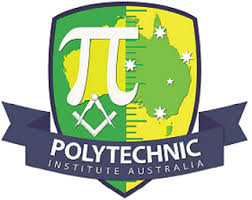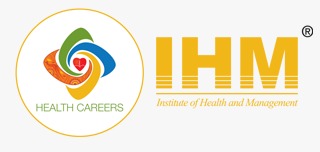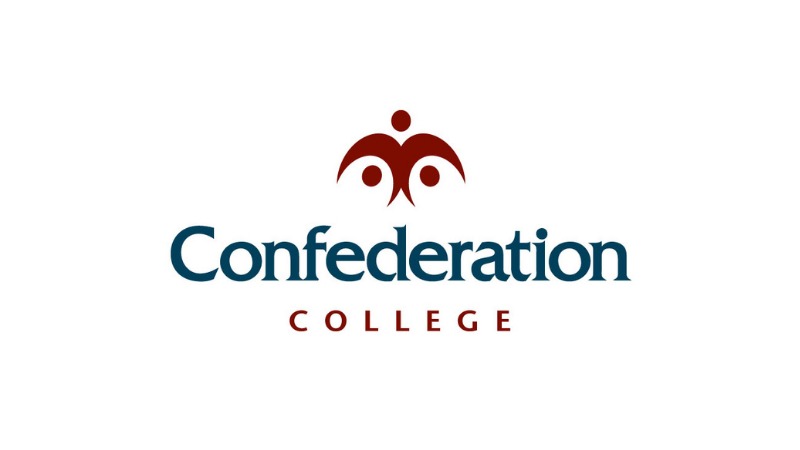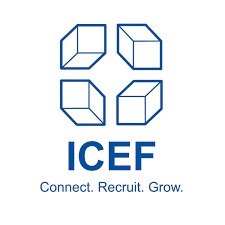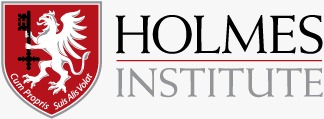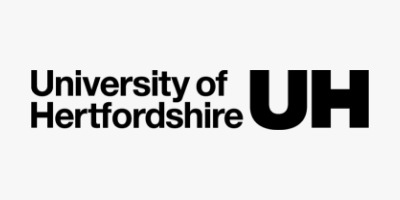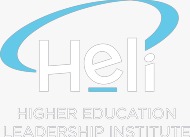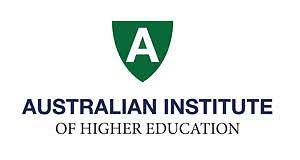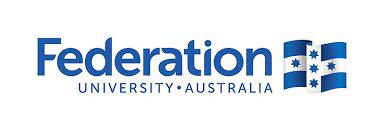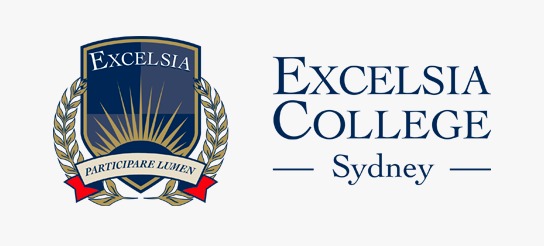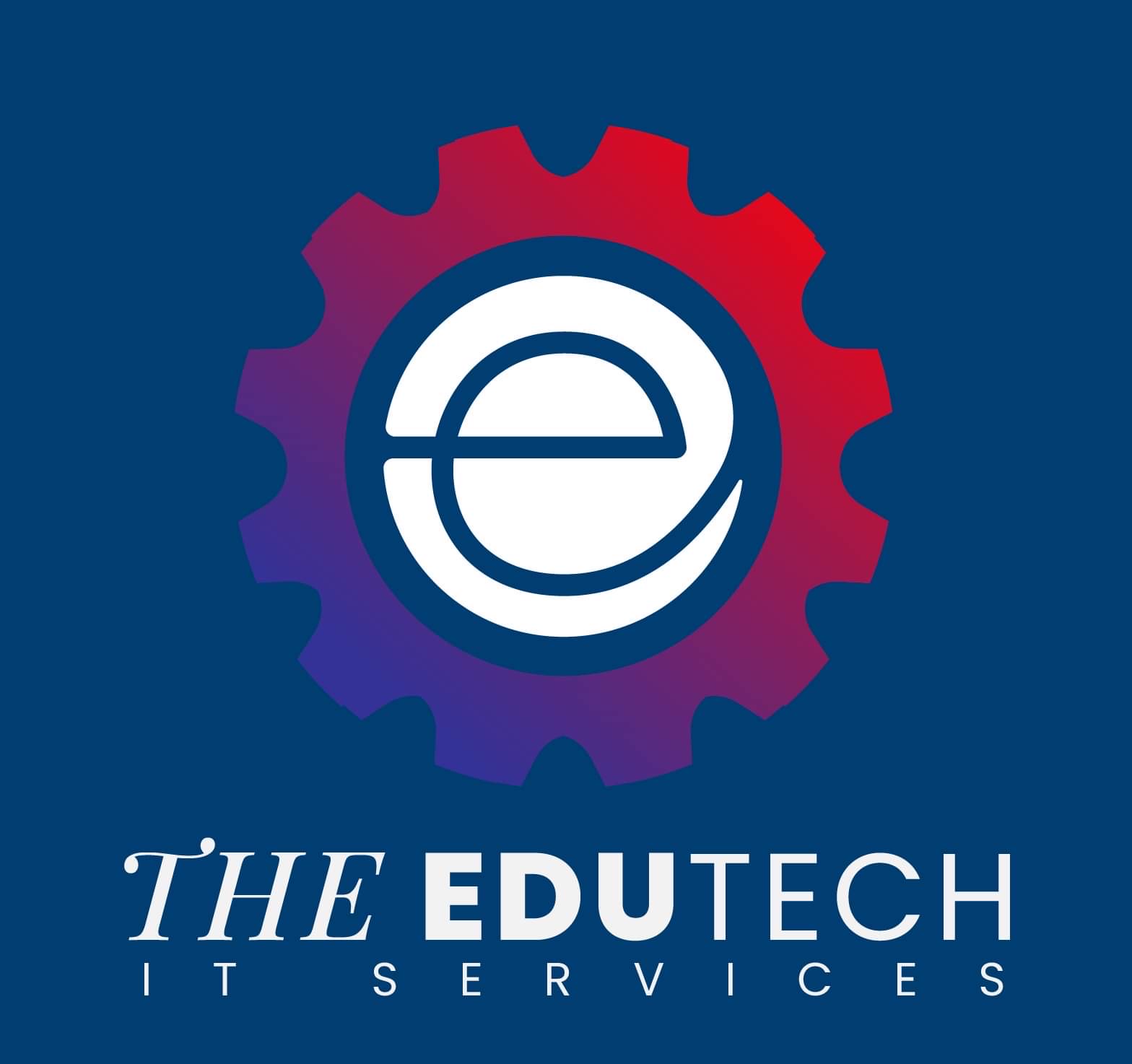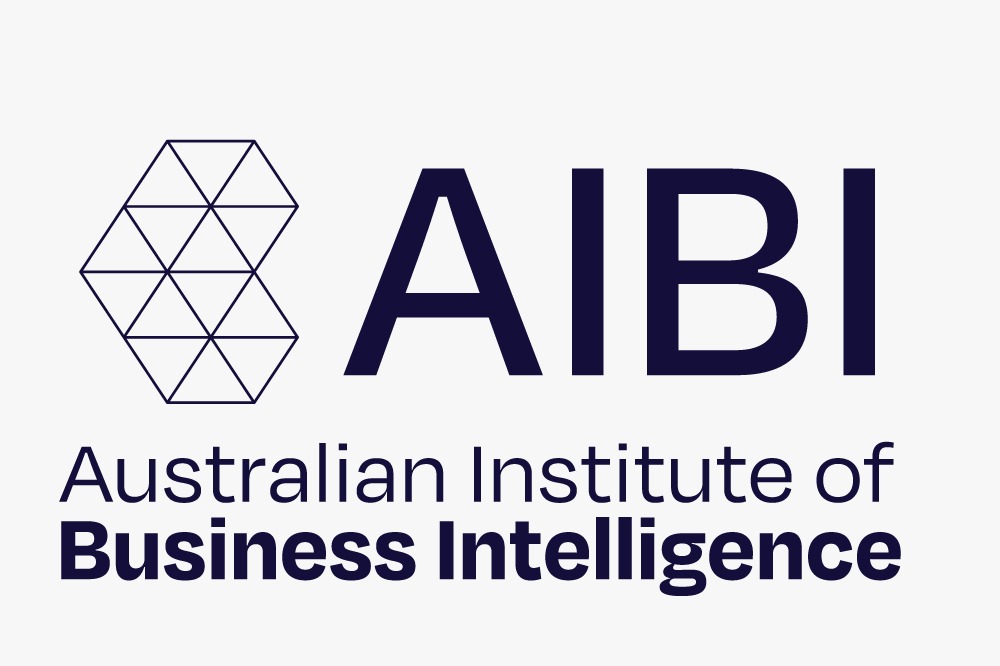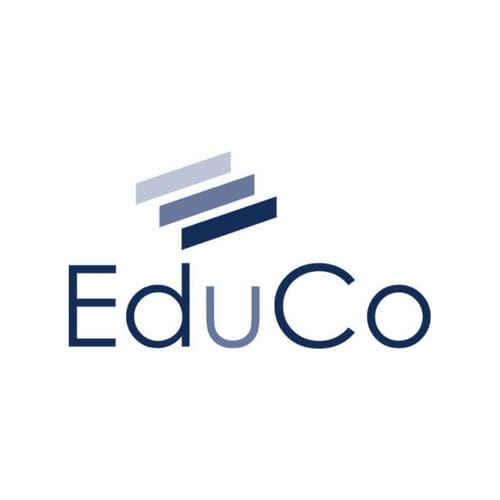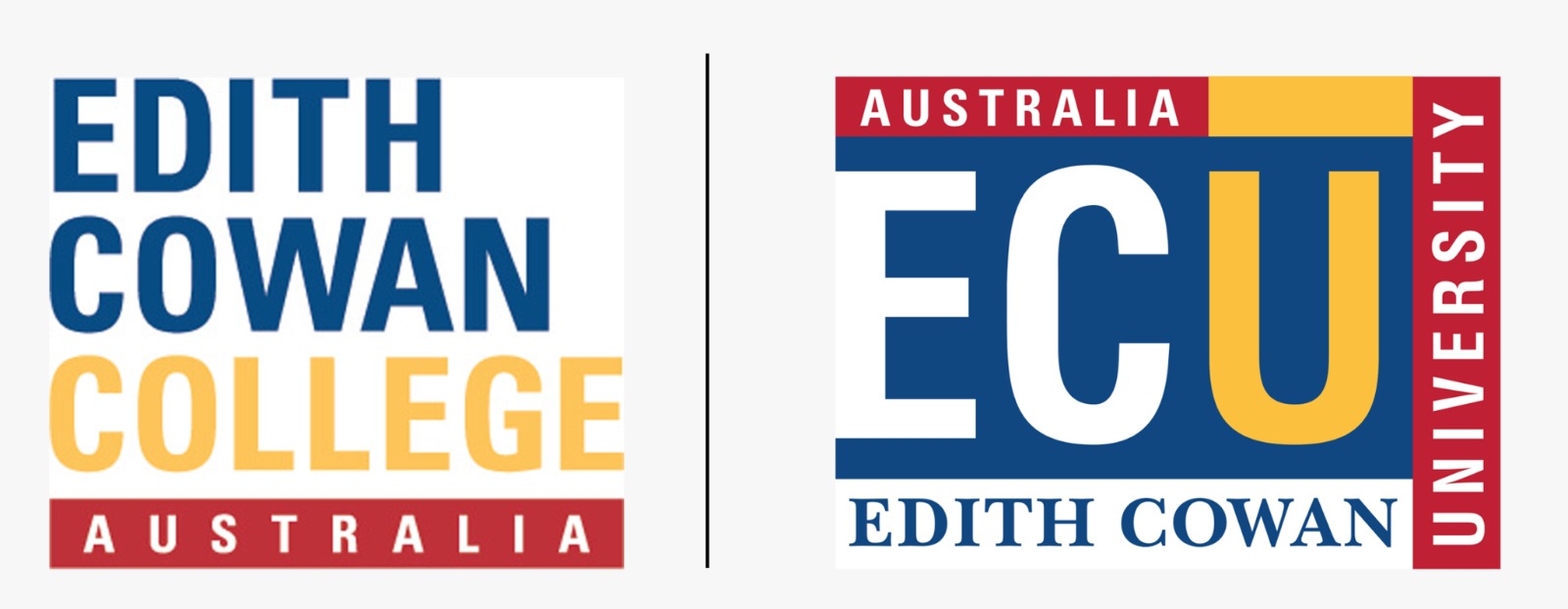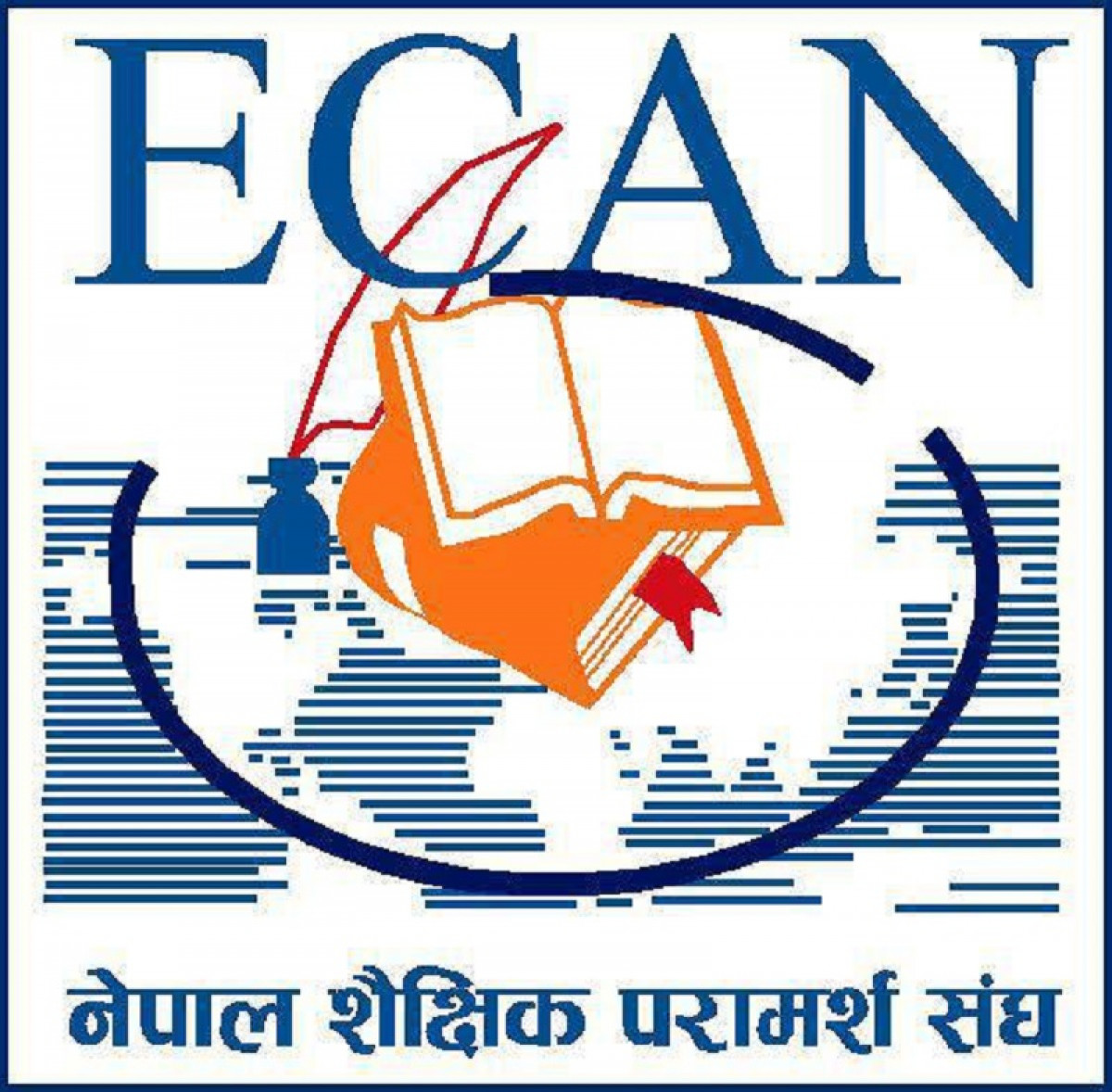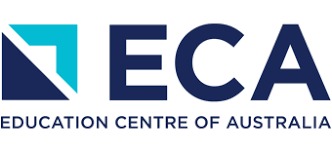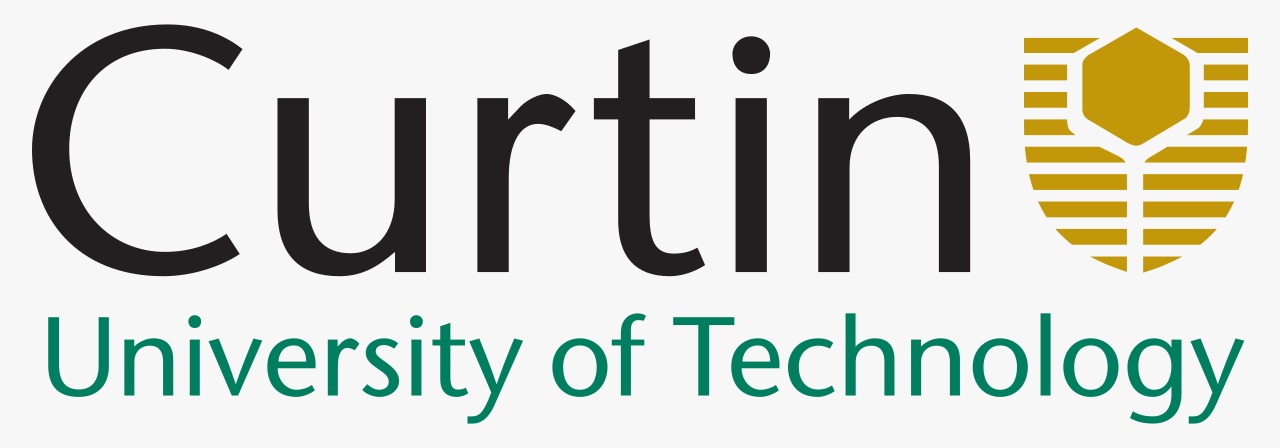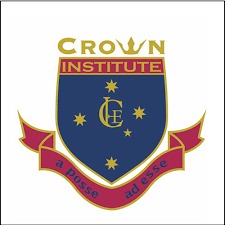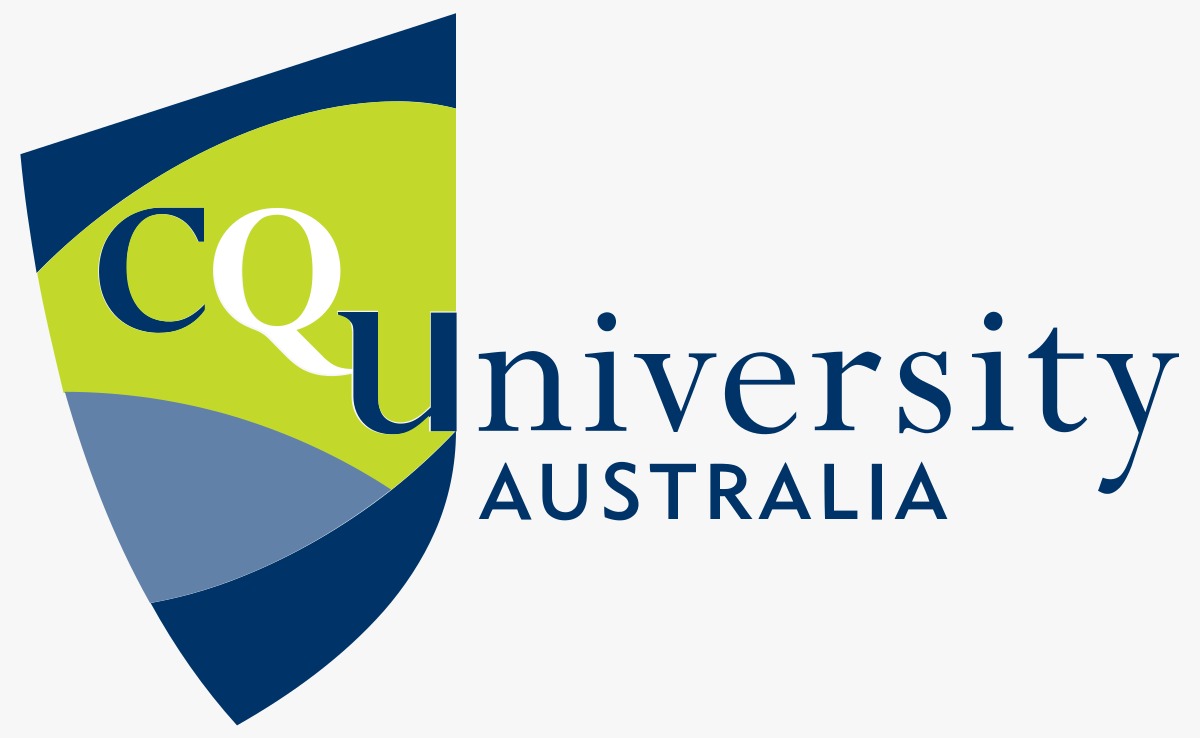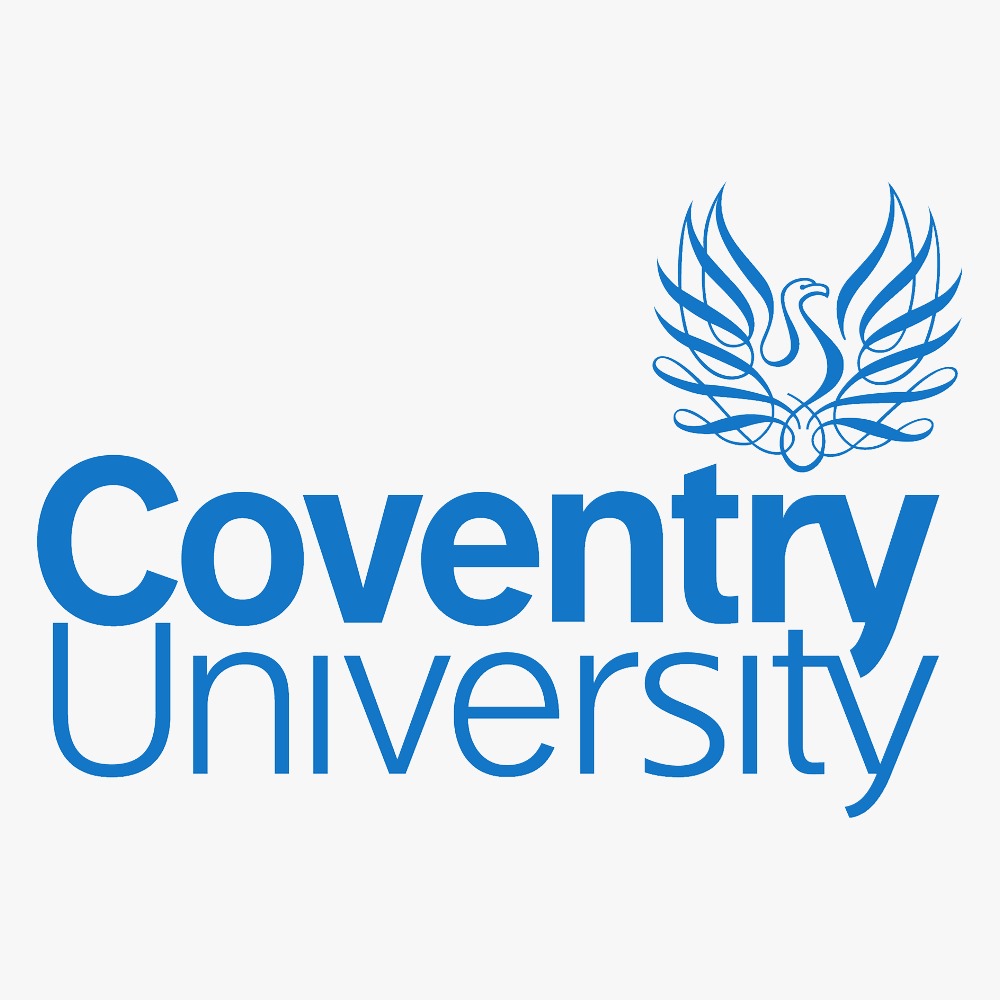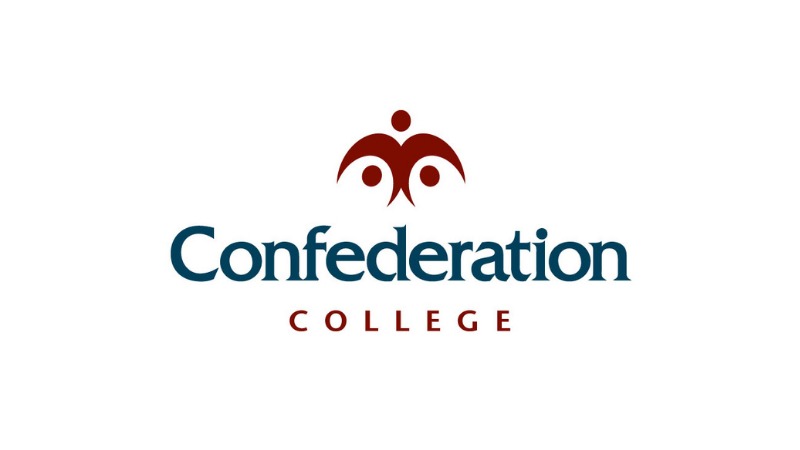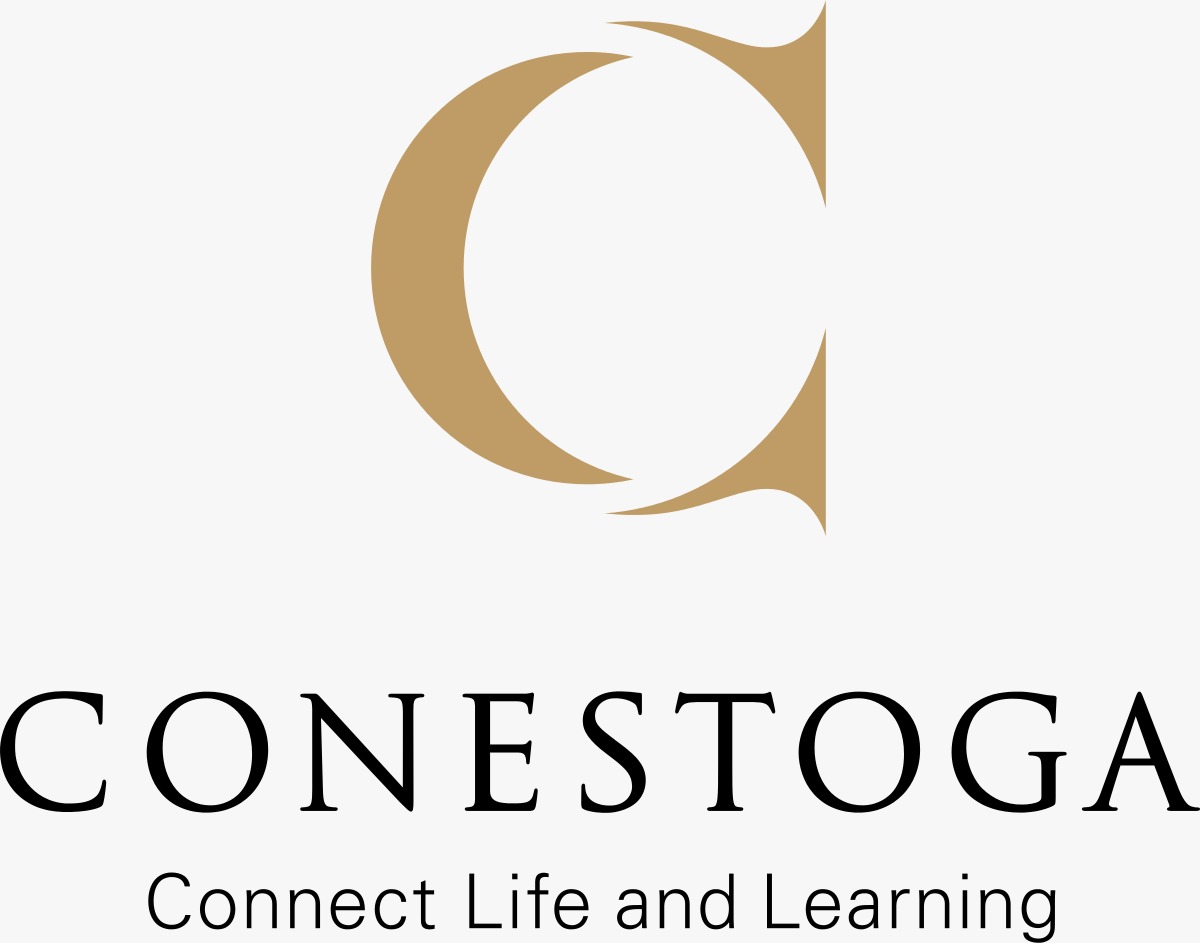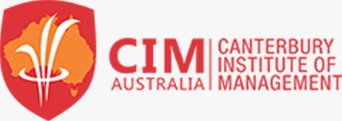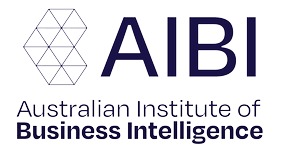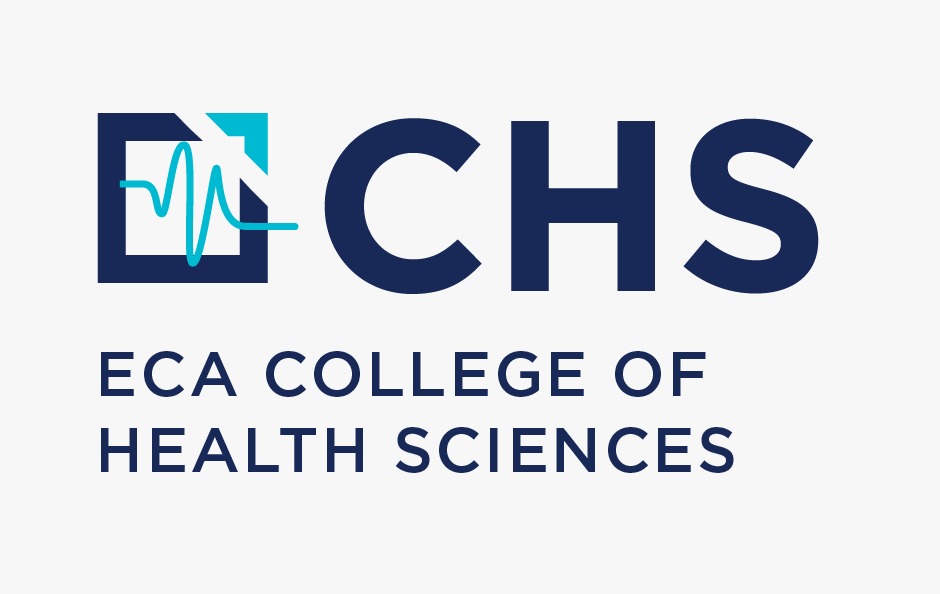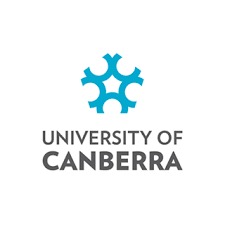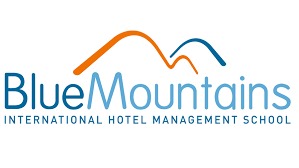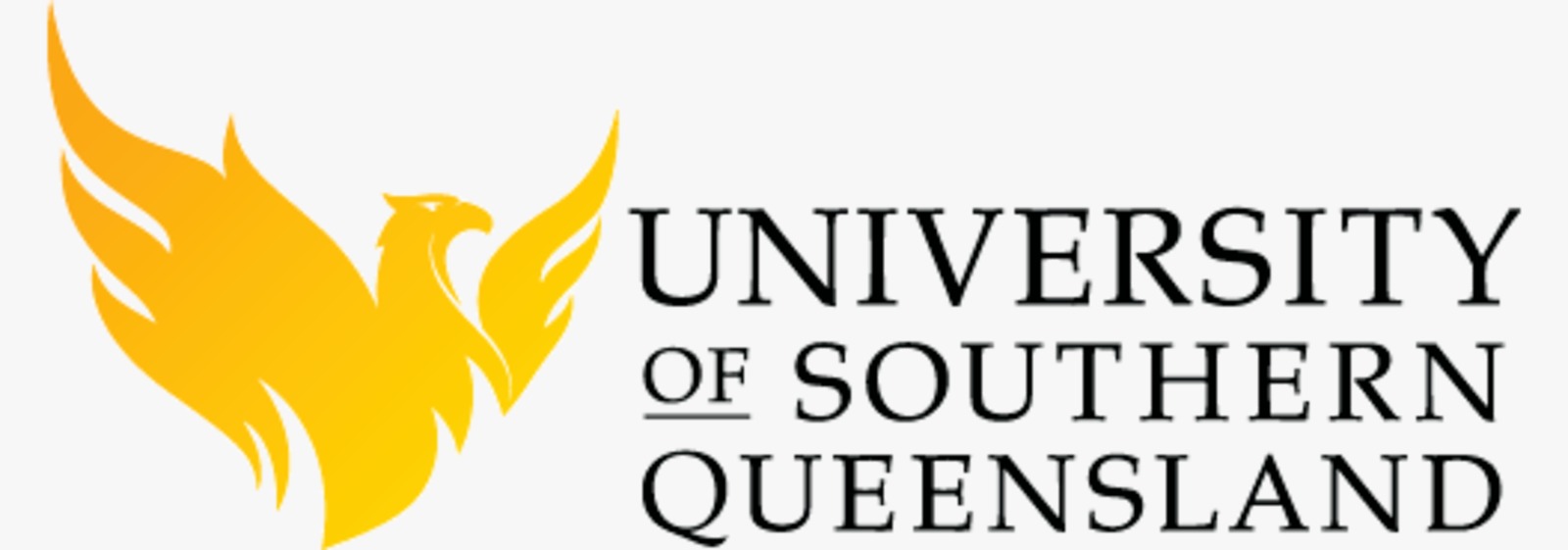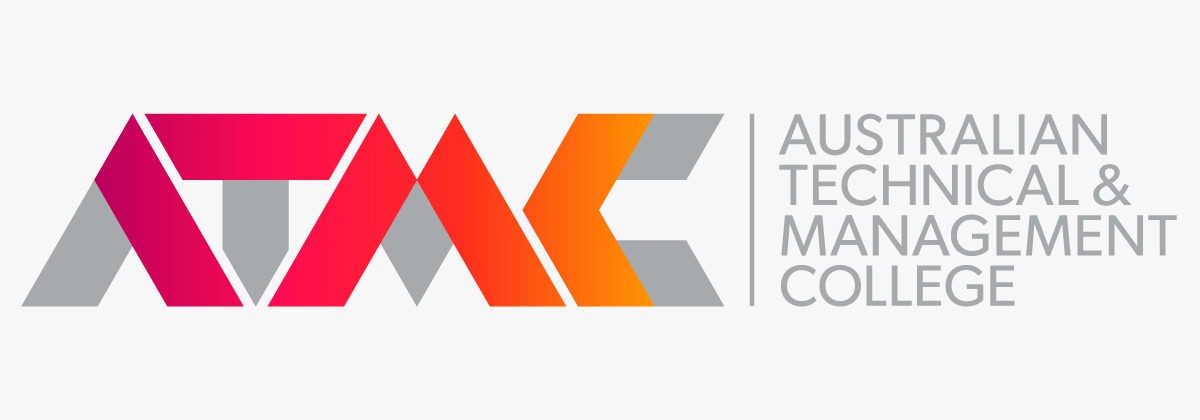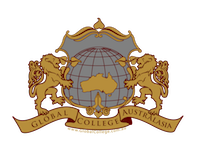Study in South Korea - Innovation & Culture
Experience world-class education and vibrant K-culture in South Korea's dynamic cities.

Why Study in South Korea?
South Korea offers cutting-edge education, vibrant K-culture, and excellent career prospects.
English-Taught Programs
Hundreds of programs in English at top universities
Tech Innovation
Leader in AI, IT, and engineering education
K-Culture
Immerse in K-pop, K-drama, and vibrant student life
Career Opportunities
Strong job market in tech, business, and media
Top Universities in South Korea
Partner with South Korea's leading institutions offering innovative programs
Han Young University
Emerging institution in higher education
Gimpo University
Innovative programs for modern learners
Ewha Womans University
Leader in women's education
Sungkyul University
Focus on holistic education
Chonnam National University
Excellence in regional education
Seoul National University
Top-ranked research institution
Popular Programs in South Korea
Explore innovative and industry-focused programs in South Korea's top universities
Engineering & Technology
AI, Robotics, and Semiconductor Engineering programs
Business & Management
Global Business, Finance, and K-pop Industry Management
Media & Culture
K-pop, K-drama, and Media Production programs
Study Levels in South Korea
South Korea's education system offers pathways for all academic levels
Undergraduate
Bachelor's Degrees (4 years)
- High school diploma required
- English-taught programs available
- Industry-focused and innovative
Graduate
Master's & PhD Programs
- Bachelor's degree required
- English-taught master's programs
- Research-driven and professional tracks
Language Programs
Korean Language & Culture
- Intensive Korean language courses
- Cultural immersion programs
- Pathway to degree programs
Cost of Study in South Korea
Tuition Fees
- Undergraduate (Public) $3,000–$6,000/year
- Undergraduate (Private) $5,000–$10,000/year
- Master's Programs $4,000–$12,000/year
Living Expenses
- Accommodation $3,600–$7,200/year
- Food & Groceries $2,400–$3,600/year
- Transportation $600–$1,200/year
- Health Insurance $200–$400/year
- Total Estimate $10,000–$20,000/year
Scholarships & Financial Aid
Available Funding Options
-
Global Korea Scholarship (GKS)
Full tuition and living expenses for international students
-
University Scholarships
Merit-based awards from institutions like SNU and KAIST
-
Corporate Sponsorships
Funding from companies like Samsung and LG
-
KGSP Scholarship
Korean Government Scholarship Program for undergraduate and graduate students
Our Scholarship Success
Our students secured over $500,000 in scholarships last year. We guide you to the best funding opportunities.
Visa Process for South Korea
D-2 Student Visa Requirements
-
1Admission letter from a South Korean institution
-
2Proof of financial support ($10,000–$20,000)
-
3Valid passport
-
4Health certificate
-
5Application via Korean embassy or consulate
Our Visa Success Rate
Our visa experts provide complete documentation support and application guidance.
Work Opportunities in South Korea
During Studies
-
Part-Time Work
Up to 20 hours/week after 6 months of study
-
Internships
Paid internships in tech, media, and business
-
Full-Time During Breaks
Work full-time during scheduled breaks like summer vacation
After Graduation
-
Job Search Visa
D-10 visa for up to 6 months to seek employment
-
Work Visa
E-7 visa for skilled professionals
South Korea aims to attract global talent in tech and innovation sectors, with special visa pathways for graduates from top universities.
Application Process for South Korean Universities
Our step-by-step guidance ensures a smooth application journey
Program Selection
We help you choose English-taught or Korean-taught programs based on your goals.
Application Preparation
Prepare transcripts, recommendation letters, and English proficiency tests (e.g., TOEFL/IELTS).
Application Submission
Submit applications via university portals or our guided process.
Visa Application
Submit D-2 visa application with financial proof and admission letter.
Pre-Departure
Orientation, accommodation, and travel arrangements for your Korean journey.
